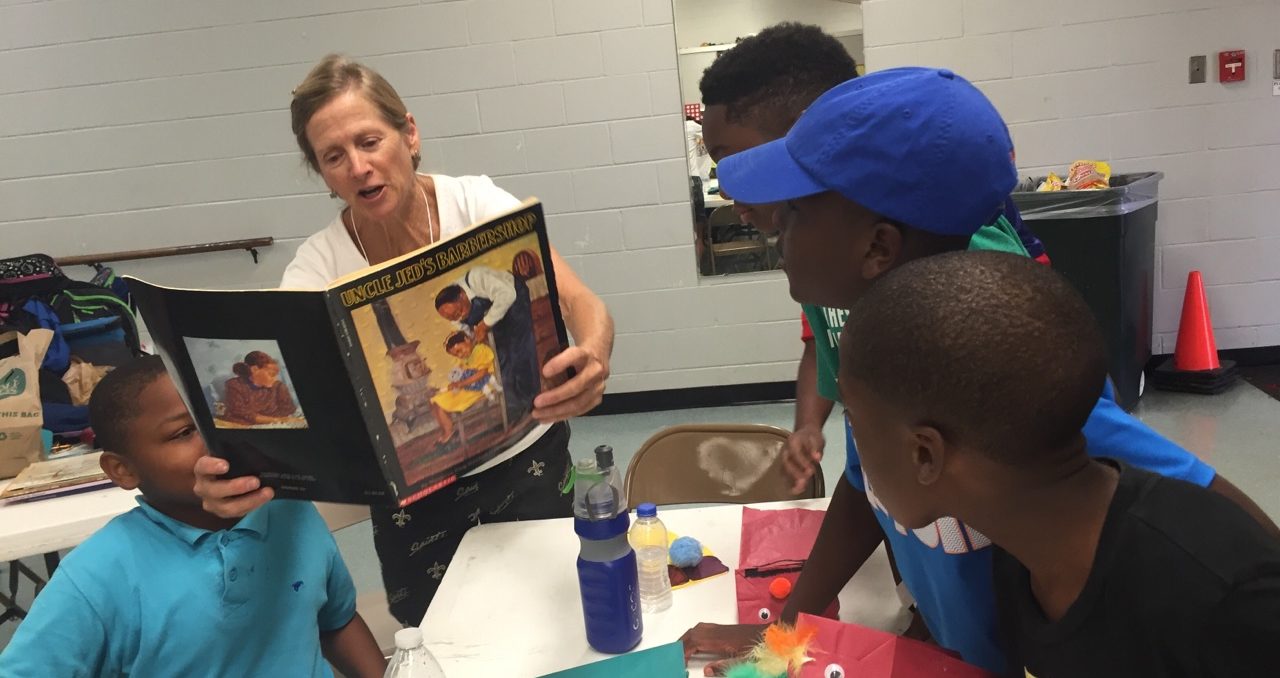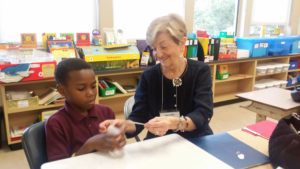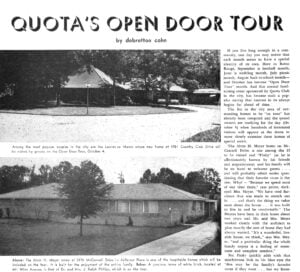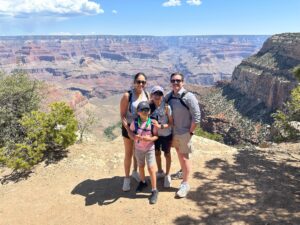Learning curve: Volunteers in Public Schools gives kids the tools for success
Snuggled in your mother’s lap reading stories–imagining worlds with giant beanstalks, fairy godmothers and talking animals. These moments of wonder, exploration and especially learning are often taken for granted. However, for too many of Baton Rouge’s children, moments like these are few and far between, resulting in not only a lack of interest in reading, but an inability to do so.
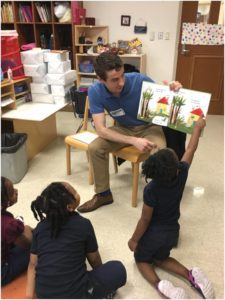 “Reading is really the foundation of learning,” says Judy Bethly, executive director of Volunteers in Public Schools, an organization founded in 1981 with the aim to unite the community through the common goal of seeing local children succeed. “Without that foundation, children cannot move forward, and too often it gets to the point where they are too far behind.”
“Reading is really the foundation of learning,” says Judy Bethly, executive director of Volunteers in Public Schools, an organization founded in 1981 with the aim to unite the community through the common goal of seeing local children succeed. “Without that foundation, children cannot move forward, and too often it gets to the point where they are too far behind.”
Contracting with East Baton Rouge Parish Schools annually, VIPS focuses on children from pre-K to third grade who are performing below average in reading or math. Through teacher recommendations, the team at VIPS pair students in need with their very own reading or math “friends”–volunteers who are trained by VIPS–who meet with them one on one for the entirety of the school year, or longer, giving students individualized attention and a connection to someone who cares.
“You would be amazed how much of a difference it makes to have just one caring adult in your life, at any age,” says Bethly, who notes that many volunteers have created lasting relationships with their students, following them from school to school, through middle and even high school. “We usually plan for students who are one or two levels behind, and what reading and math friends do is simply read and teach like they would with their own kids. It’s all about making the child feel comfortable by integrating learning with their other interests and creating a safe environment.”
And in a world where academic “success” is defined by the passage or failure of a standardized test, the establishment of loving connections can mean the world to a child who is faced with judgment based solely on their ability to perform during an intensive testing session.
“You don’t get the whole picture with a test,” says Bethly, who has seen countless children drop out before even reaching high school due to an inability to pass mandated testing. “Prioritizing learning in that way doesn’t make confidence or enjoyment part of the equation. And for some students, test taking can be very difficult based on anxiety or even if they were able to have breakfast that morning.”
The friends are able to infuse a deeply personal aspect to learning by taking the time not only to teach but also to get to know each child’s interests, aspirations, struggles and more. This approach allows volunteers to become confidants for the children–acting as listening ears when children have bad days and cheerleaders for all of the children’s successes.
“I keep a spreadsheet of stories,” says Bethly of the many touching accounts she receives from volunteers daily. “The connections that are made through the program allow people from different backgrounds to come together and make a difference.”
As the program expands to programs for older children and young adults, with career fairs and mentorships for high-school students, Bethly and her team of volunteers are always looking for more ways to help raise up children in the public school system and help them realize their full potential.
“Public education has to be a priority to improve,” says Bethly, who notes that it is a strong foundation in learning that allows entire communities to reach new heights. “You have to invest in the things that are important to you. I am so happy that so many people throughout the community continue to invest their time in helping local children succeed.”
For more on Volunteers in Public Schools and to get involved, visit vipsbr.org.




